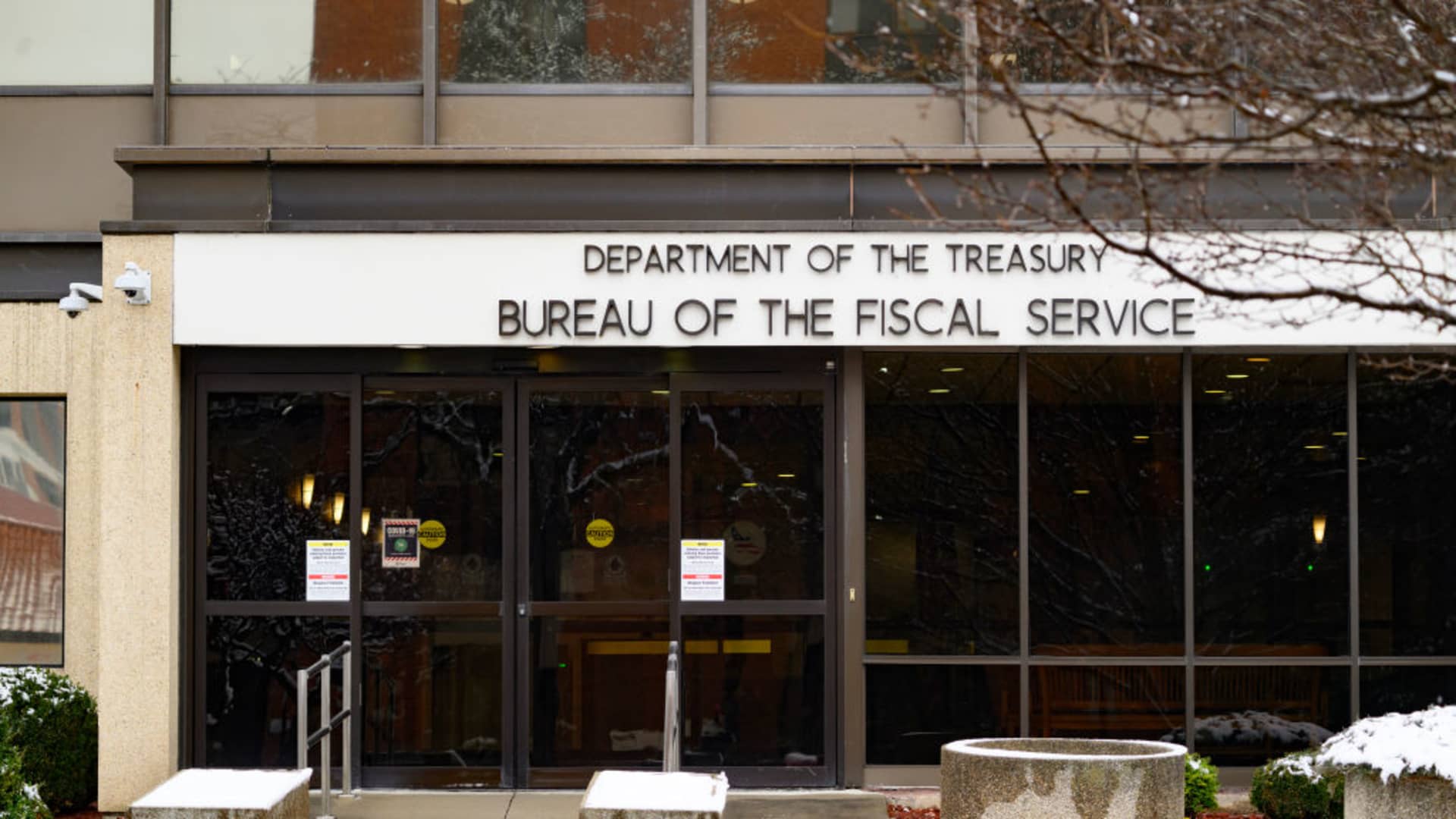T
he United States has entered its first federal shutdown since 2018, a move that carries uncertain economic consequences and has reignited the influence of former CEO Elon Musk on the nation’s real‑estate scene. Though Musk left the government months ago, his legacy lives on through the Department of Government Efficiency (DOGE), which has been cutting costs by canceling hundreds of office leases across the country. DOGE lists 384 lease terminations, estimating savings of roughly $140 million, but experts warn that the true cost may be far greater.
Cameron LaPoint, a finance professor at Yale School of Management, has examined how these cancellations affect the commercial real‑estate market. He notes that the federal government has traditionally been a “safe bet” tenant, often securing leases with cancellation clauses that landlords rarely invoked. When the government pulls out, landlords are left without a reliable source of income and must scramble to find new tenants. LaPoint points out that the savings DOGE touts assume the government would have renewed the leases, yet many would have been let go anyway due to normal downsizing or relocation.
The ripple effect of lease cancellations extends beyond individual buildings. Government leases provide stable, predictable cash flow that attracts lenders. When these anchor tenants vanish, the commercial debt market feels the shock. Banks bundle property loans into securities; a single vacant government space can destabilize thousands of other loans nationwide. The General Services Administration (GSA), which manages federal assets, claims its portfolio optimization has saved taxpayers $113 million, but the broader financial impact remains uncertain.
Realtor and CEO Alexi Morgado of Lexawise in Florida observes that the chain reaction of canceled leases is already affecting multiple markets. “Supply increases don’t always translate into immediate demand,” Morgado says, noting that the resulting strain on operating income and property values complicates financing. She highlights that some landlords may need to repurpose vacant office space into residential or mixed‑use developments, a strategy that requires creativity and strategic planning.
Among the 384 cancellations, the Social Security Administration, Small Business Administration, and Geological Survey are the top three tenants, each losing 22–23 leases. The largest office removed was an 845,000‑square‑foot space in Washington, D.C., while the smallest was a 250‑square‑foot Secret Service office in New York City. Geographic impact is uneven: Florida’s markets remain robust, yet some areas feel the pressure of reduced public office space, prompting landlords to seek alternative uses. Rural regions, however, face a sharper blow. LaPoint notes that 57 % of leases eligible for termination lie outside the ten most populated states and Washington, D.C., and 63 % of leases outside the top 100 counties are at risk.
In the Upper Peninsula of Michigan, Marquette Mayor Michelle Hanley reports that the IRS facility closure will cause minimal disruption, as the office has been closed to in‑person services since the COVID‑19 pandemic. However, cuts to the Bureau of Indian Affairs office in Baraga and the tribal health center in Sault Ste. Marie are expected to hit the local Indigenous population hard, which makes up five times the area’s population density compared to the lower peninsula.
Economist Tom Whalen of Massachusetts College of Liberal Arts frames lease cancellations as a modern echo of Keynesian fiscal policy: when the government withdraws spending, economic activity contracts. The multiplier effect means that reduced rental income and job losses in federal facilities lower local economic stimulus, creating a ripple effect across communities.
The Trump administration has signaled that additional federal workers could be laid off as a consequence of the shutdown. Office of Management and Budget Director Russell Vought told House Republicans that reductions in force would begin within one or two days, a claim confirmed by White House press secretary Karoline Leavitt. Prediction markets currently estimate the shutdown will last about two weeks.
In sum, DOGE’s strategy of canceling 384 leases to save $140 million may appear fiscally prudent, but the broader economic fallout—ranging from destabilized commercial lending to job losses in rural communities—suggests that the true cost of the shutdown may far exceed the headline savings.















